
Research by the Dutch Media Authority shows that 78% of Dutch youth get their news mainly from social media, in particular Instagram, TikTok and YouTube, reports Wilfred Takken in the Dutch NRC newspaper today. The research [link in Dutch] was conducted by…

Love and Technology: An Ethnography of Dating App Users in Berlin by Fabian BroekerRoutledgeDecember 2023, 192 pages Love and Technology: An Ethnography of Dating App Users in Berlin explores how dating apps fit into Berlin’s unique dating culture and brand of intimacy…

Building resilience to events that are said to be once-in-a-lifetime and easy for local communities to overlook is now an urgent priority. Human-centred design plays an important role in this. What happens when these principles are adopted?

A new report from the Weber Shandwick Collective suggests a “me over we” mentality is driving more buying decisions, explains the publisher of Fast Company, Stephanie Mehta, CEO of Mansueto Ventures.
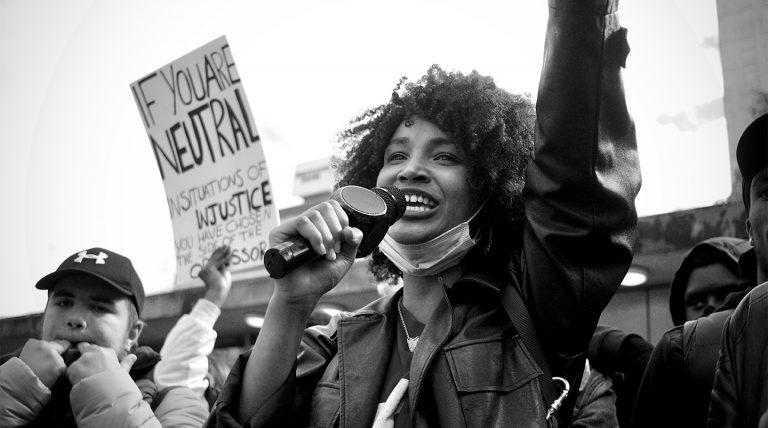
*The Movers of Tomorrow: How Young Adults in Europe Imagine and Shape the Future* -
Study of young adults (aged 18 to 39) in Germany, Greece, Italy, Poland and the UK by Allianz Foundation and SINUS Institute.

Fast Company published today an excerpt of the new book Unbottled by Daniel Jaffee in which he highlights the five factors why consumers purchase bottled water, or how have they been persuaded to do so - fashion, flavor, fitness, frequent drinking, and fear - and zeroes in on the last one.

The book sheds new light on some of the most important themes in AI ethics, from the differences between Chinese and American visions of AI, to digital neo-colonialism. It is an essential work for anyone wishing to understand how different cultural contexts interplay with the most significant technology of our time.

Today, it is of utmost relevance to study people’s attitudes, motives, and behaviours in relation to the fact that we live in a culture of surveillance. This includes the need for cultural and ethical perspectives to understand and nuance contemporary discussions on surveillance, not least in the highly digitalised context of the Nordic countries.
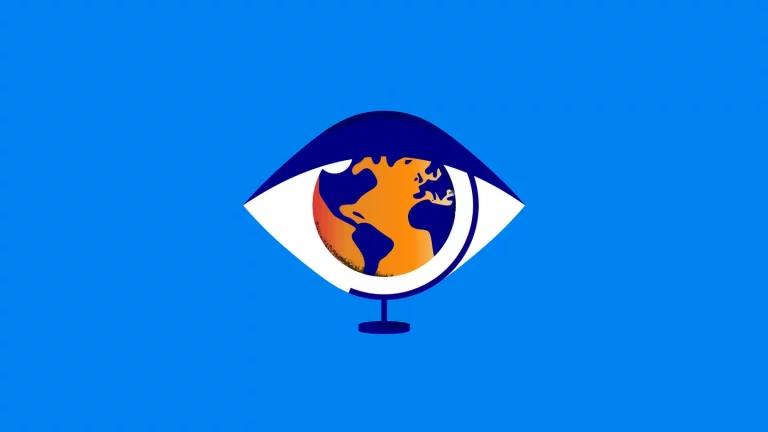
The latest annual research from Ericsson ConsumerLab (January 2023) outlines consumers’ concerns, expectations and personal technology actions related to climate issues in 2030.
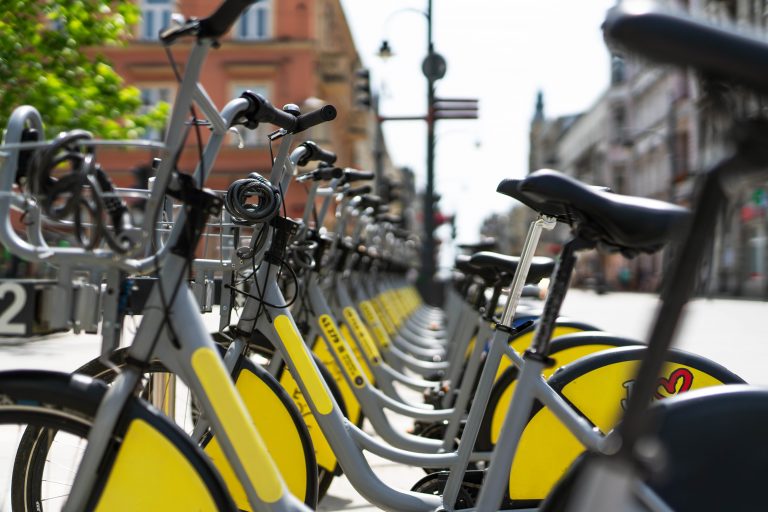
Six reports on behavioural change and energy use: potential impact, obstacles, the role of policy makers, and how to best communicate to citizens.
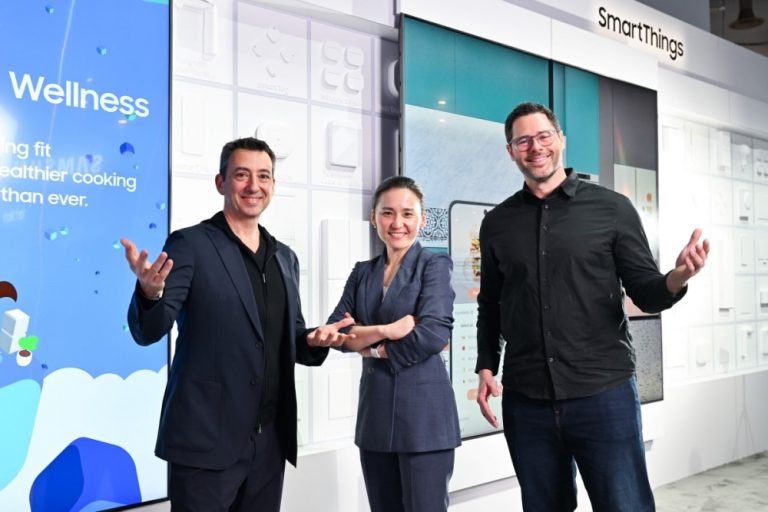
Samsung US newsroom published an interview with Federico Casalegno, Executive Vice President of Design and Head of Samsung Design Innovation Center; Mark Benson, Head of Samsung SmartThings U.S.; and Inhee Chung, Vice President of the Corporate Sustainability Center to discuss how Samsung’s philosophy of prioritizing more seamless connected experiences is driving the innovation behind its latest products.

Leroy Merlin is a French-headquartered home improvement and gardening retailer. Its Leroy Merlin Source (LMS) platform aims to create and share original knowledge on new ways of living and inhabiting spaces by expert researchers, professionals and stakeholders.

The metaverse will be a digital graveyard if we let new technologies distract us from today’s problems

The first book to take an interdisciplinary and international approach to understanding how our everyday lives are being affected by automated decision-making.
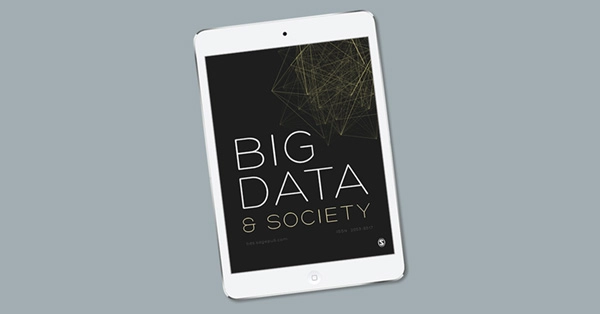
Bringing together a motley crew of social scientists and data scientists, the aim of this special theme issue of Big Data & Society is to explore what an integration or even fusion between anthropology and data science might look like.

In the three years since the last Global Happiness and Well-Being Policy Report, governments have faced a cascade of challenges to the well-being of their populations.

Many behavioral scientists propose and test interventions that attack policy problems by seeking to change individual behavior (adopting an “i-frame”) rather than the system in which they operate (an “s-frame”). Such i-frame interventions, which typically have small or null effects, reduce support from more effective systemic actions (such as regulation and taxation). For this reason, researchers advocating i-frame solutions may have unwittingly helped promote the interests of corporations who oppose systemic change.
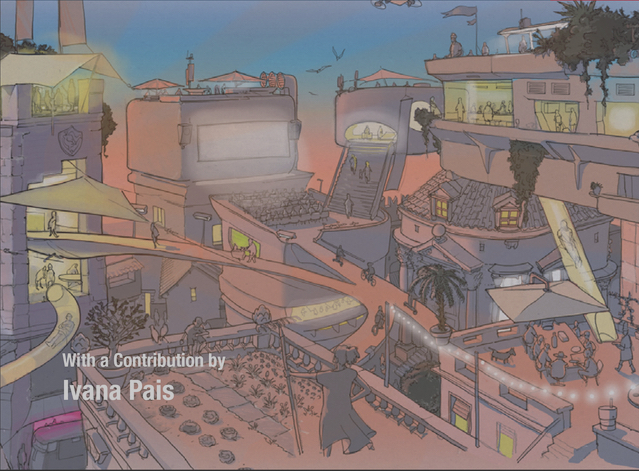
Ezio Manzini's ideas for the city that cares.
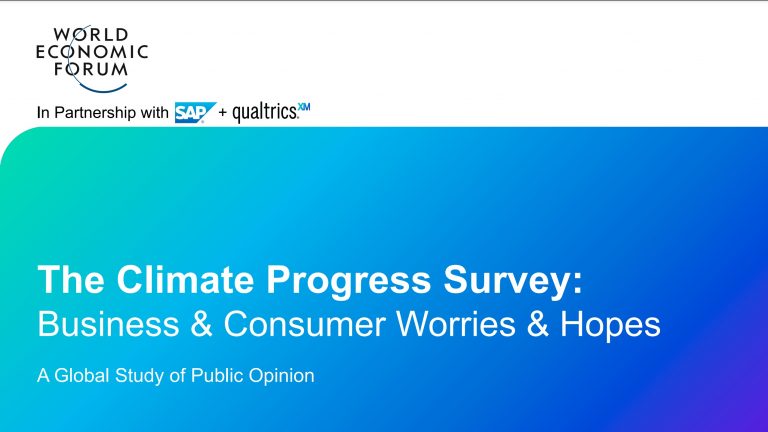
A study by the World Economic Forum, Qualtrics and SAP suggests we are far from reaching a consensus about who is responsible for taking action on climate change and who is trusted to do so
Results suggest 81% of people say businesses are primarily responsible for taking action on climate change, yet only 28% trust businesses’ claims about sustainable practices.
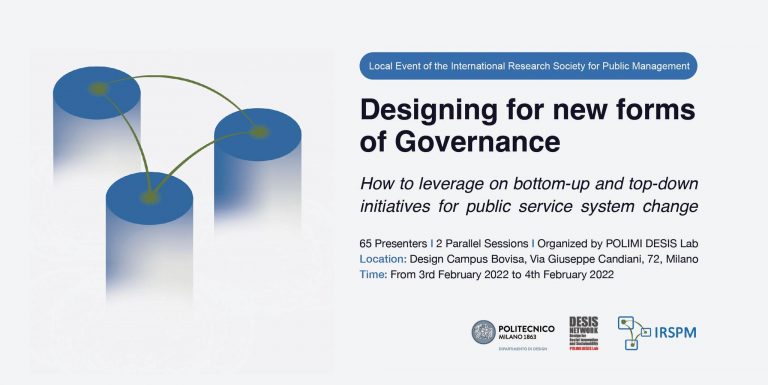
ToNite project presented at Milan conference on design-led approaches to renewing public management and governance




















